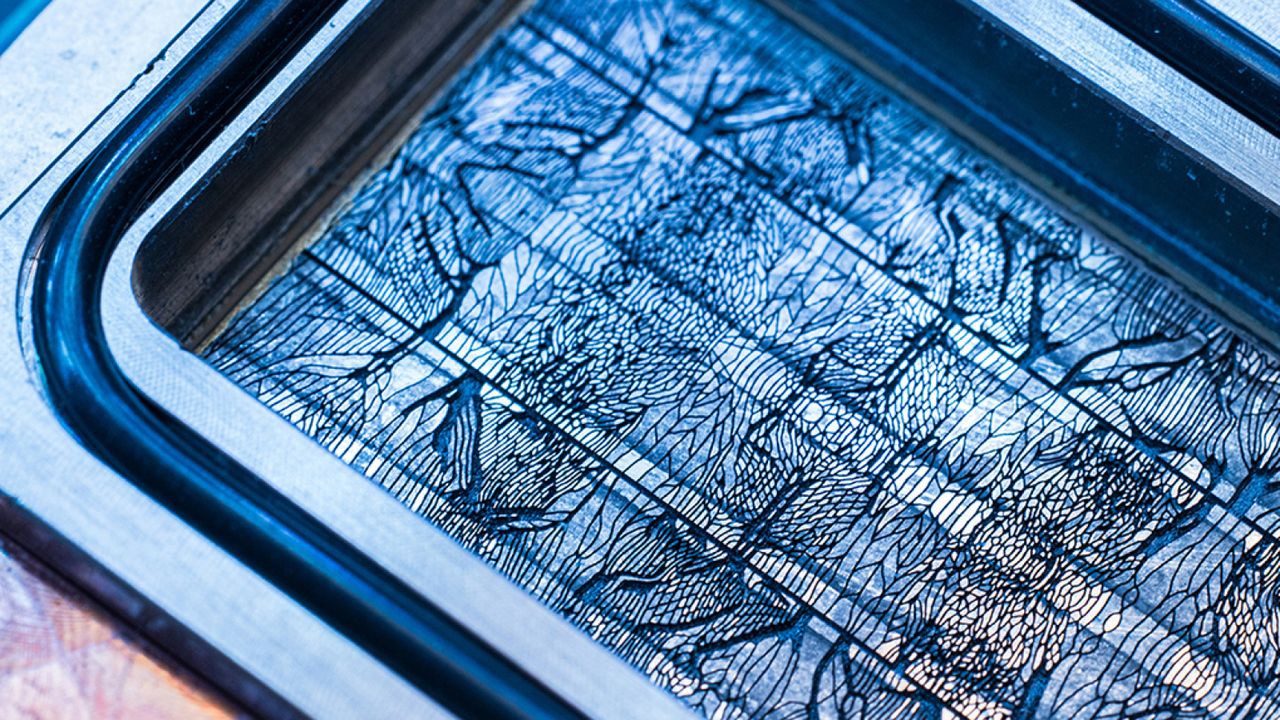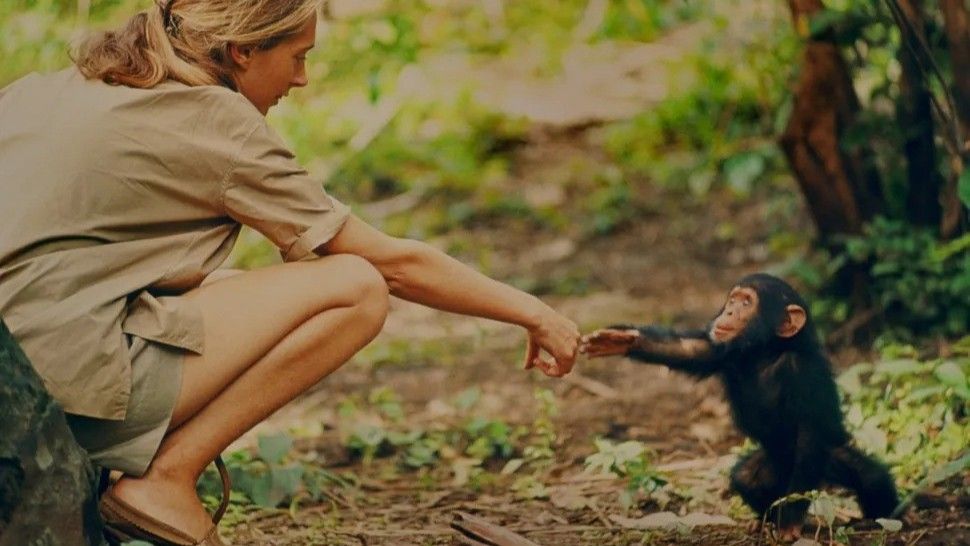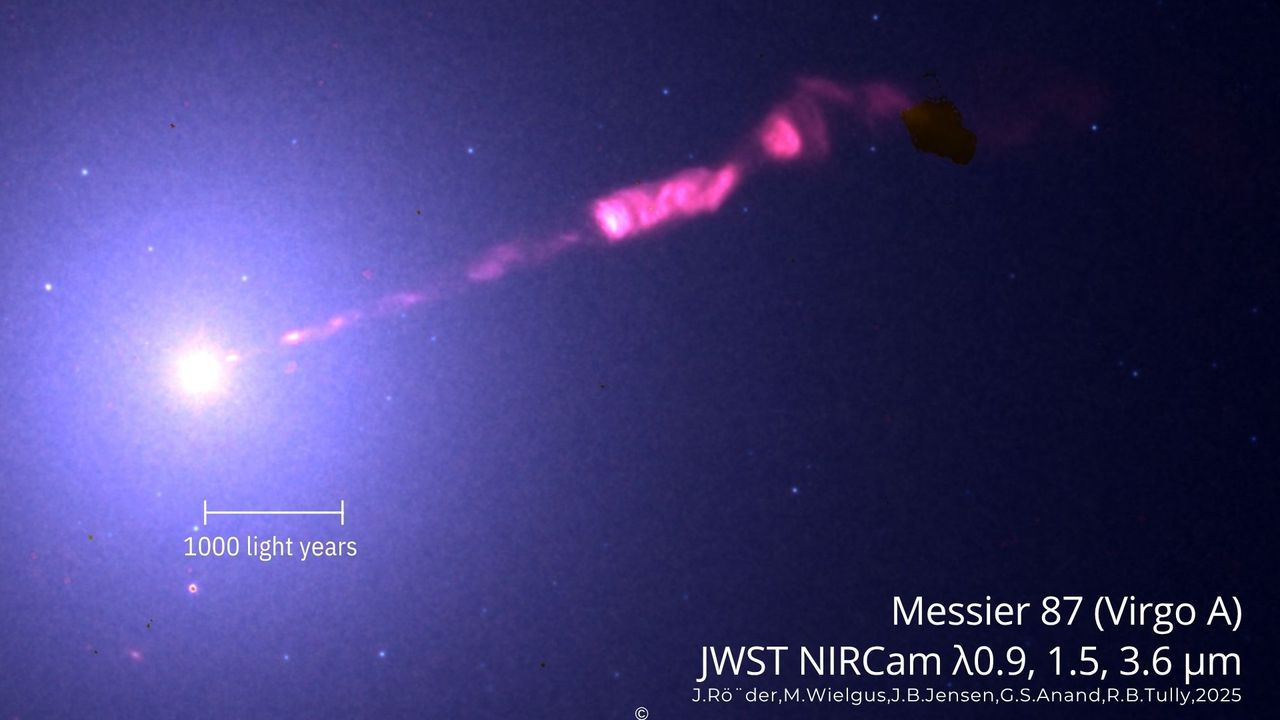Should we worry AI will create deadly bioweapons? Not yet, but one day
NeutralScience

The rise of AI tools in designing proteins and viruses has sparked concerns about their potential use in creating bioweapons. While experts suggest that we shouldn't panic just yet, the possibility of AI being used to bypass bioweapon regulations is a topic worth discussing. Understanding these advancements is crucial as they could shape future biosecurity measures.
— Curated by the World Pulse Now AI Editorial System







